
Pinches were mandatory. It wasn’t a dream. When we woke in the morning, having bedded down the previous night in a Beijing hotel, we were indeed in CHINA. I dashed to the shower with a feeling of triumphant arrival. This land, after all, has been elusive. My attempt at visitation in 2003 was denied (the respiratory disease, SARS, put a quick kibosh on that plan). Then Jeannie’s gastric battles in Hong Kong held Beijing in the wind once again (nursing her to health was paramount). And finally, even as we looked down on mainland China from the window of a 747, threatening electrical storms delayed our landing (we spun our engines for two extra hours as we waited for more temperate skies). To be in Beijing was a victory, and the completion of a personal pilgrimage of sorts.
I’ve long been interested in the contemporary history of the People’s Republic. The book, Lost on Planet China, sufficiently stoked this fire, and gave room to my burgeoning fascination with this country of 1.2 billion people. Perhaps it is the complexities of this place that intrigue me so. Even the most simple of questions seem impossible to answer. Is China communist? Is China capitalist? I guess it is the hunt for the answer, even though a definitive conclusion is unlikely, that really turns my key.
The core of my interest lies in the creases of the passive face that exists at every turn. Mao Zedong is everywhere in the capital. His image is at the center of every piece of currency, his meek grin is emblazoned on every type of souvenir, his “Little Red Book of Quotations” is more available than the day’s newspaper, and of course, famously, his massive portrait overlooks the gates of Tiananmen Square. All this, while it is widely known that his policies and practices as the Chairman of the People’s Republic brought about the demise of 38 million of his countrymen. And so exists the wonderful complexities of Chinese society.
I’ve long been interested in the contemporary history of the People’s Republic. The book, Lost on Planet China, sufficiently stoked this fire, and gave room to my burgeoning fascination with this country of 1.2 billion people. Perhaps it is the complexities of this place that intrigue me so. Even the most simple of questions seem impossible to answer. Is China communist? Is China capitalist? I guess it is the hunt for the answer, even though a definitive conclusion is unlikely, that really turns my key.
The core of my interest lies in the creases of the passive face that exists at every turn. Mao Zedong is everywhere in the capital. His image is at the center of every piece of currency, his meek grin is emblazoned on every type of souvenir, his “Little Red Book of Quotations” is more available than the day’s newspaper, and of course, famously, his massive portrait overlooks the gates of Tiananmen Square. All this, while it is widely known that his policies and practices as the Chairman of the People’s Republic brought about the demise of 38 million of his countrymen. And so exists the wonderful complexities of Chinese society.

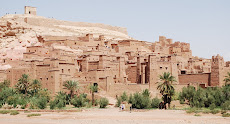
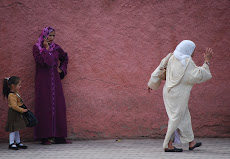



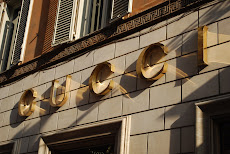
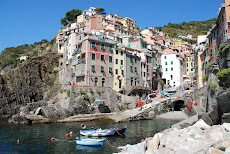



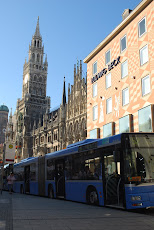
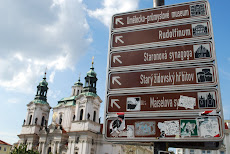
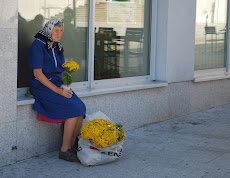
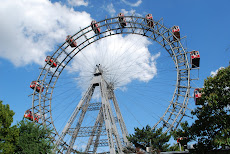

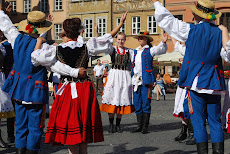
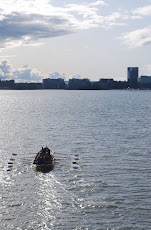



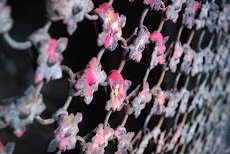
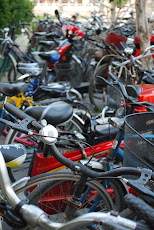
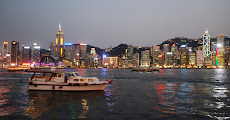

No comments:
Post a Comment